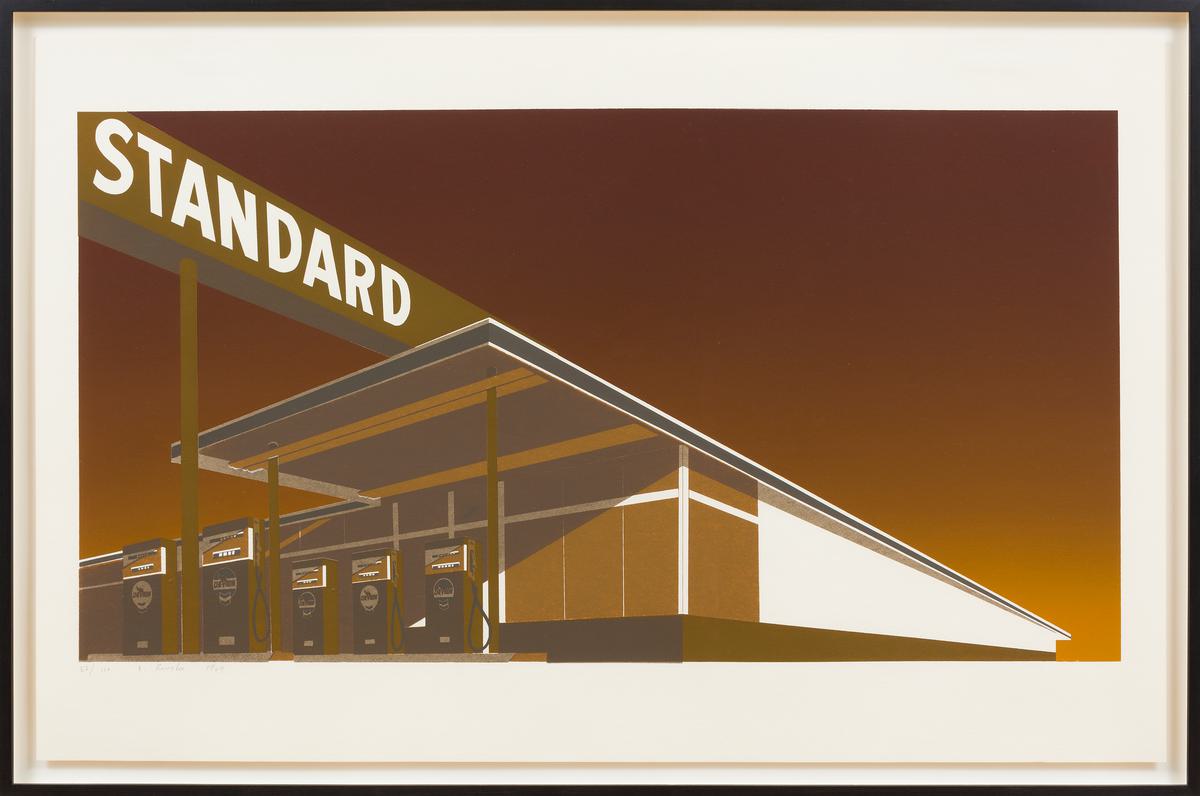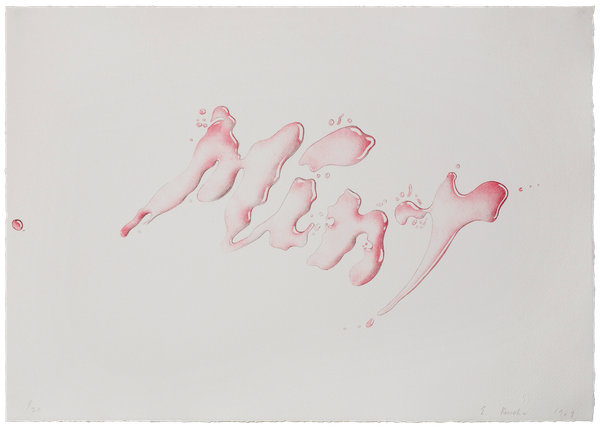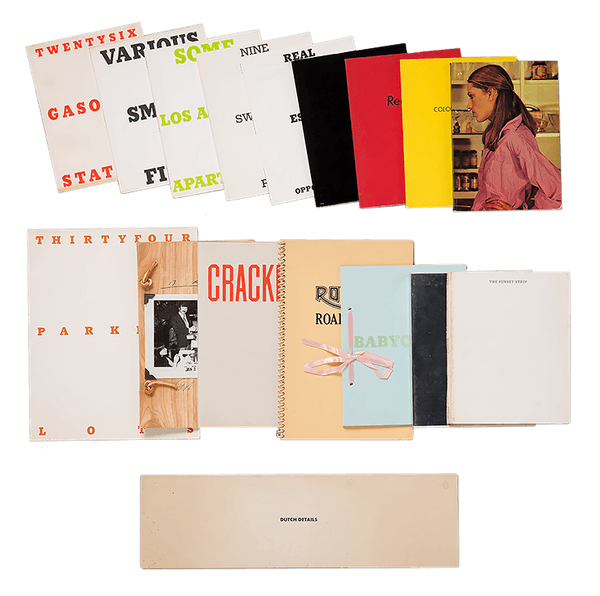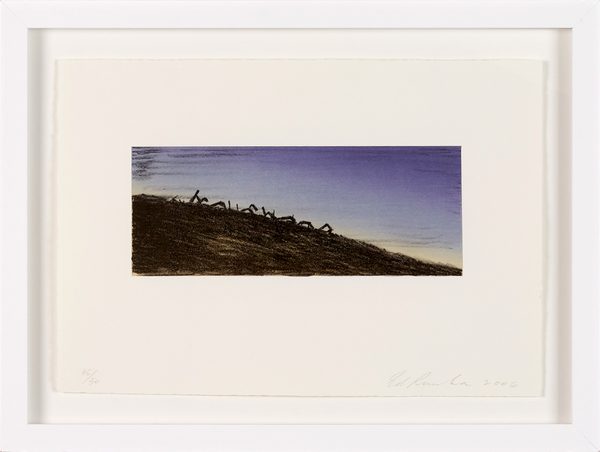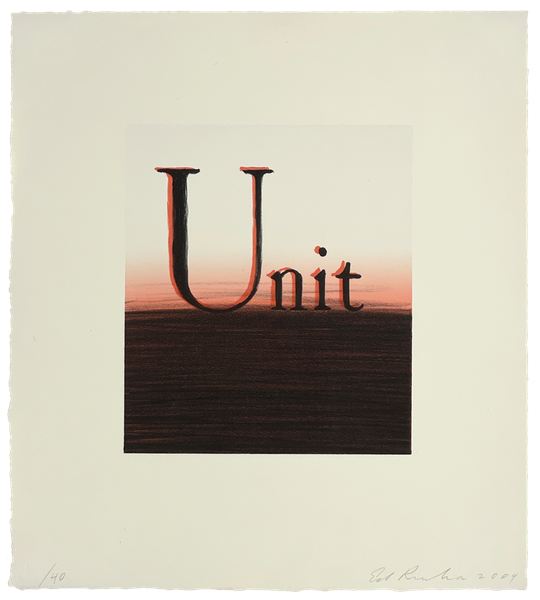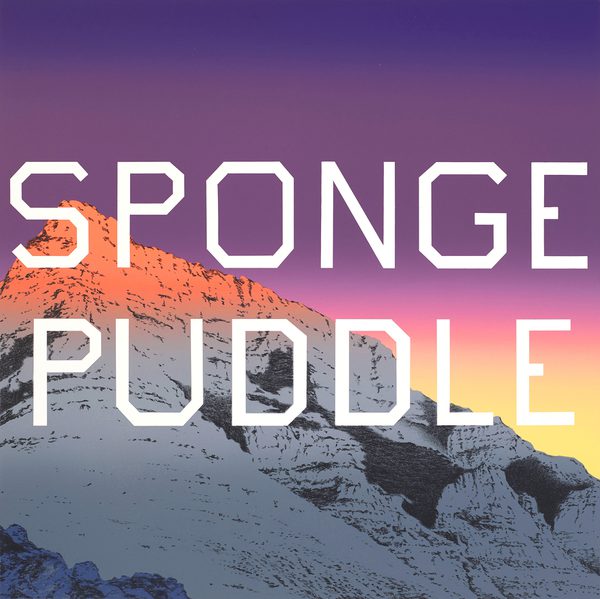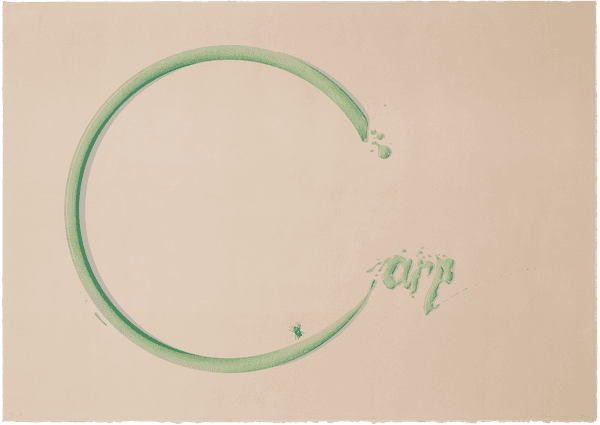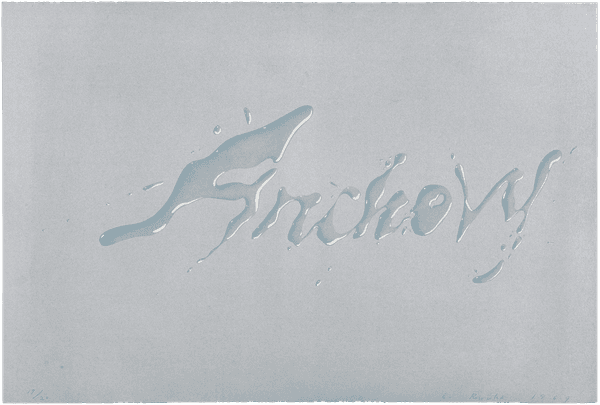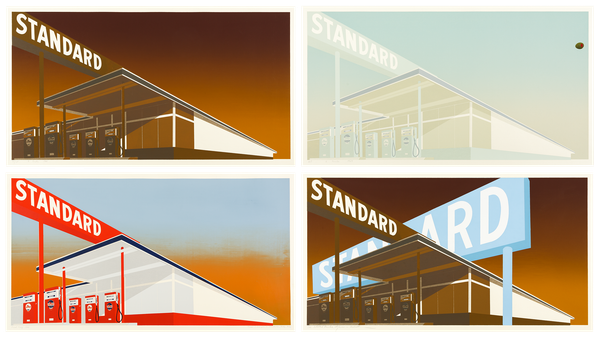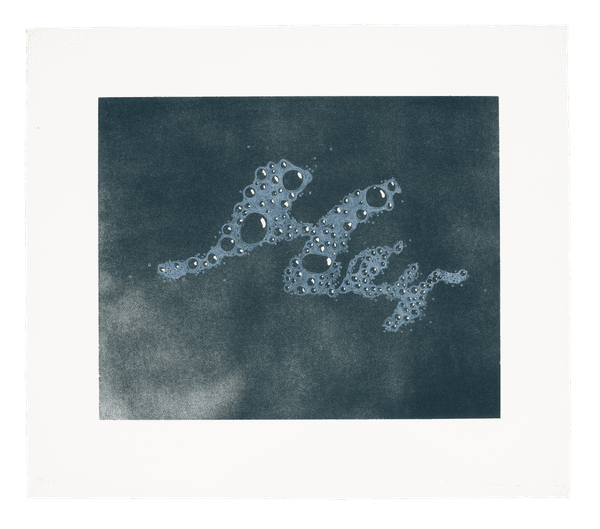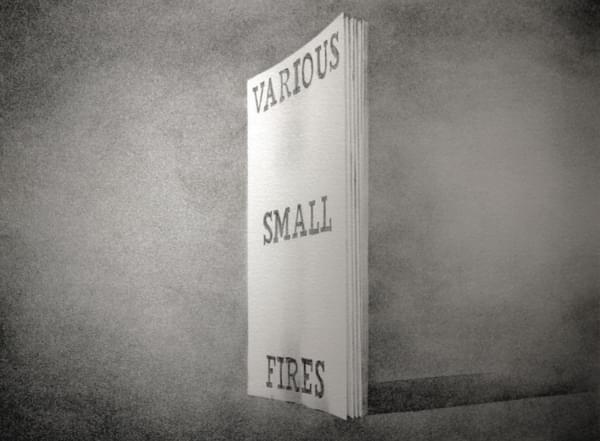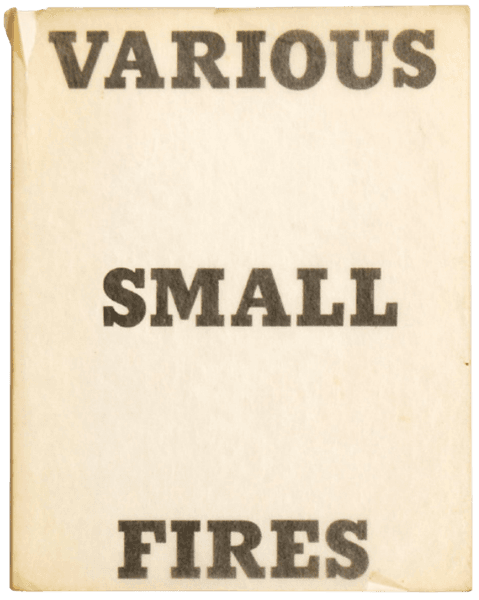Mocha Standard
From its first appearance in his artist's book Twentysix Gasoline Stations and its subsequent translation into a masterpiece of American painting in 1964 as Standard Station, Amarillo, Texas, the Standard gasoline station is arguably Ruscha's most iconic image.
Its stations ubiquitous across 20th Century America, John D. Rockefeller’s Standard Oil was at one point the largest company in the world. Even when broken up by the federal government into seven smaller companies, “Baby Standard” gasoline stations continued to line Route 66 from Los Angeles to Ruscha’s family home in Oklahoma City until 1984, when the brand became Chevron. Ruscha recorded two of these stations in Twentysix Gasoline Stations, which promoted his interest in closely observing the banal and the mundane, the taken-for-granted and the overlooked. Taking a rather unremarkable source photograph, Ruscha transforms it with a radical foreshortening which centres the composition around a plunging diagonal line creating his idealised “standard” gasoline station.
The first Standard Station screenprint, made in 1966 with a blue and fiery red background, was followed in 1969 by Mocha Standard, Cheese Mold Standard with Olive and Double Standard, all variations on the 1966 forerunner and printed in the same size from the same screens. This is how the subject was left for 42 years until, in 2011, Ruscha decided to revisit the theme, now considered one of the most famous images in Post-War art, with Ghost Station. A measure of how lionised the image of the Standard Station had become was shown when Christie’s offered Ruscha’s painting Burning Gas Station at auction in 2007. The painting sold for just under $7 million and held the record for the most expensive work by the artist to have been sold at auction, until that figure was surpassed by SMASH, 1963, which exceeded $30 million in 2014.
Mocha Standard
- Artist
- Ed Ruscha (b.1937)
- Title
- Mocha Standard
- Medium
- Screenprint in colours on wove paper
- Date
- 1969
- Sheet
- 63.2 x 101.6 cm : 24¾ x 40 in.
- Edition
- From the edition of 100, signed, dated and numbered by the artist
- Publisher
- Published by the artist
- Notes
- Printed in 8 colours from 6 runs, one of which was split-fountain: specific colours undocumented
- Printer
- Jean Milant and Daniel Socha at Ruscha's studio, Hollywood
- Literature
- Engberg 30
- Reference
- C14-54
- Status
- No Longer Available
Available Artists
- Ancart Harold
- Andre Carl
- Avery Milton
- Baldessari John
- Barnes Ernie
- Brice Lisa
- Castellani Enrico
- Crawford Brett
- Dadamaino
- Dávila Jose
- de Tollenaere Saskia
- Downing Thomas
- Dyson Julian
- Elsner Slawomir
- Freud Lucian
- Gadsby Eric
- Gander Ryan
- Guston Philip
- Haring Keith
- Held Al
- Hockney David
- Katz Alex
- Kentridge William
- Knifer Julije
- Le Parc Julio
- Leciejewski Edgar
- Léger Fernand
- Levine Chris
- LeWitt Sol
- Marchéllo
- Mavignier Almir da Silva
- Miller Harland
- Modé João
- Morellet François
- Nadelman Elie
- Nesbitt Lowell Blair
- O'Donoghue Hughie
- Perry Grayson
- Picasso Pablo
- Pickstone Sarah
- Prehistoric Objects
- Quinn Marc
- Riley Bridget
- Ruscha Ed
- Serra Richard
- Shrigley David
- Smith Anj
- Smith Richard
- Soto Jesús Rafael
- Soulages Pierre
- Spencer Stanley
- Taller Popular de Serigrafía
- The Connor Brothers
- Turk Gavin
- Vasarely Victor
- Wood Jonas
